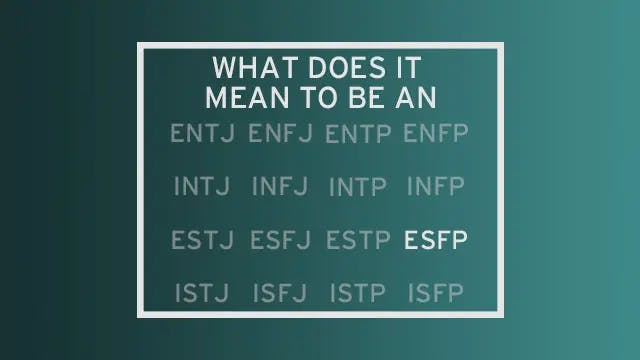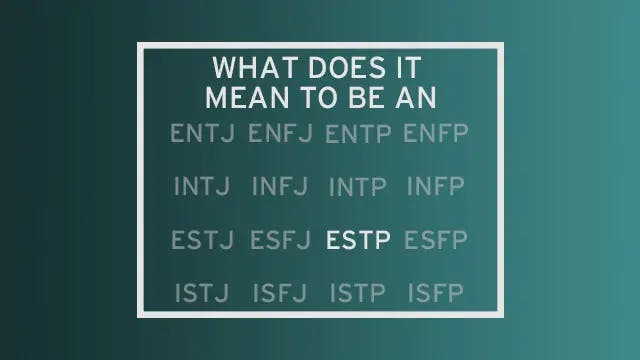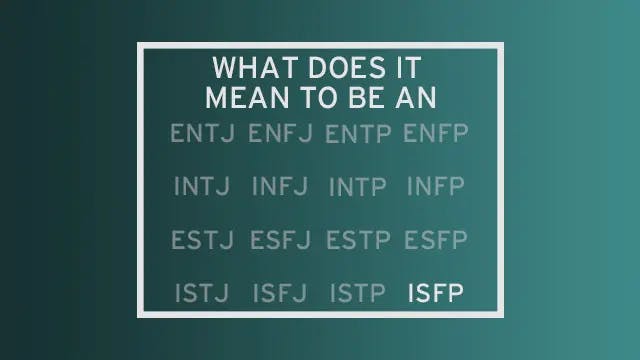
In this article, we briefly discuss the INFJ personality type. Also known as the "Advocate" in the MBTI, INFJs are described as idealistic yet practical individuals who value purpose and seek to make a positive impact. INFJs are introverted, intuitive, feeling, and judging, preferring alone time, focusing on the future, making decisions based on emotions and values, and desiring structure.
In terms of their connection with Jesus, INFJs are encouraged to engage in contemplative prayer, resonate with the empathy and social justice in the gospel stories, and trust their instincts to follow God's guidance.
Who is an INFJ, Anyway?
INFJs are a unique blend of the idealistic and the practical. They are driven by a deep sense of purpose and desire to make the world a better place, often described as dreamers who do. These are the people who value integrity and seek out meaning in their relationships, work, and search for truth.
What It Means to Be an INFJ
INFJ stands for introverted, intuitive, feeling, and judging. Here’s what that means:
Introverted: INFJs are the kind of people who prefer a cozy night in with a good book or deep conversation with a close friend over a night out. They need their alone time to recharge. They are not necessarily shy or antisocial, but instead of receiving energy from groups of people like extraverts, introverts typically need quieter times in their own company or in the company of one or two close friends.
Intuitive: Being intuitive means INFJs love ideas and concepts, often focusing on the future rather than concrete and present facts. They tend to see the big picture and are good at connecting the dots and seeing patterns.
Feeling: INFJs tend to make decisions based on emotions and values as opposed to facts and logic. They are empathetic, often feeling what others are feeling, which can make them excellent listeners and counselors.
Judging: Having a “judging” preference does not mean that the INFJ is a judgmental person. This simply means INFJs prefer structure and order over spontaneity, and like to plan ahead.
Connecting with Jesus as an INFJ
INFJs tend to seek meaning and purpose in everything they do. This includes their spiritual journey.
Connecting with Jesus can be a profound experience for an INFJ. They likely crave a deep and intimate relationship with Him, one where they’re not just following a set of rules or religious rituals, but genuinely seeking to understand His teachings on a profound, personal level.
The gospels' stories can particularly resonate with the INFJ because they are filled with empathy, understanding, and a call for social justice — things that echo the INFJ’s own core values.
One idea for connecting with Jesus as an INFJ is to try practicing contemplative prayer. INFJs tend to have a natural inclination for introspection and reflection, and they should use that to their advantage. They should try spending time in silence and solitude, allowing themselves to feel God's presence, meditate on His words, and seek the profound meaning behind them.
Even though the INFJ is an introverted type, they should not stay in silence and solitude for long. We are social creatures and need community to function properly. So, while it’s important for the INFJ to recharge, spending time in silence and solitude, it’s just as important that the INFJ emerges from that solitude to join in a community of believers.
Again, INFJs are intuitive people. This means they should trust their instincts when they feel God's guidance in their life, and don't be afraid to follow where it leads. This amounts to trusting their gut and not allowing themselves to overthink what Jesus is doing in and through them.
Being an INFJ means having a deep capacity for love, understanding, and making a real difference in the world. The INFJ should take Jesus' teachings to heart, then, and continue being the empathetic change-maker they were born to be. They can serve in a local church, find a ministry they care about and believe in, or start their own way of serving the community. The point is, though, that the INFJ should not bury their gift of empathy and love, but rather they should express those gifts whenever given the chance.
This is just a brief overview of what it means to be an INFJ. The MBTI is simply a tool to describe a personality, and it is not meant to pigeonhole or stereotype any person or group of people. INFJs are even a little different from one another because we’re all created to be unique individuals.
All that to say, if you’re an INFJ, I encourage you to look through these ideas and see what resonates with you. These are not meant to be tried and true methods of connection with Jesus because, at the end of the day, you know yourself better than anyone else. However, I do hope these ideas are helpful in inspiring you to connect with Jesus on a deeper level.



